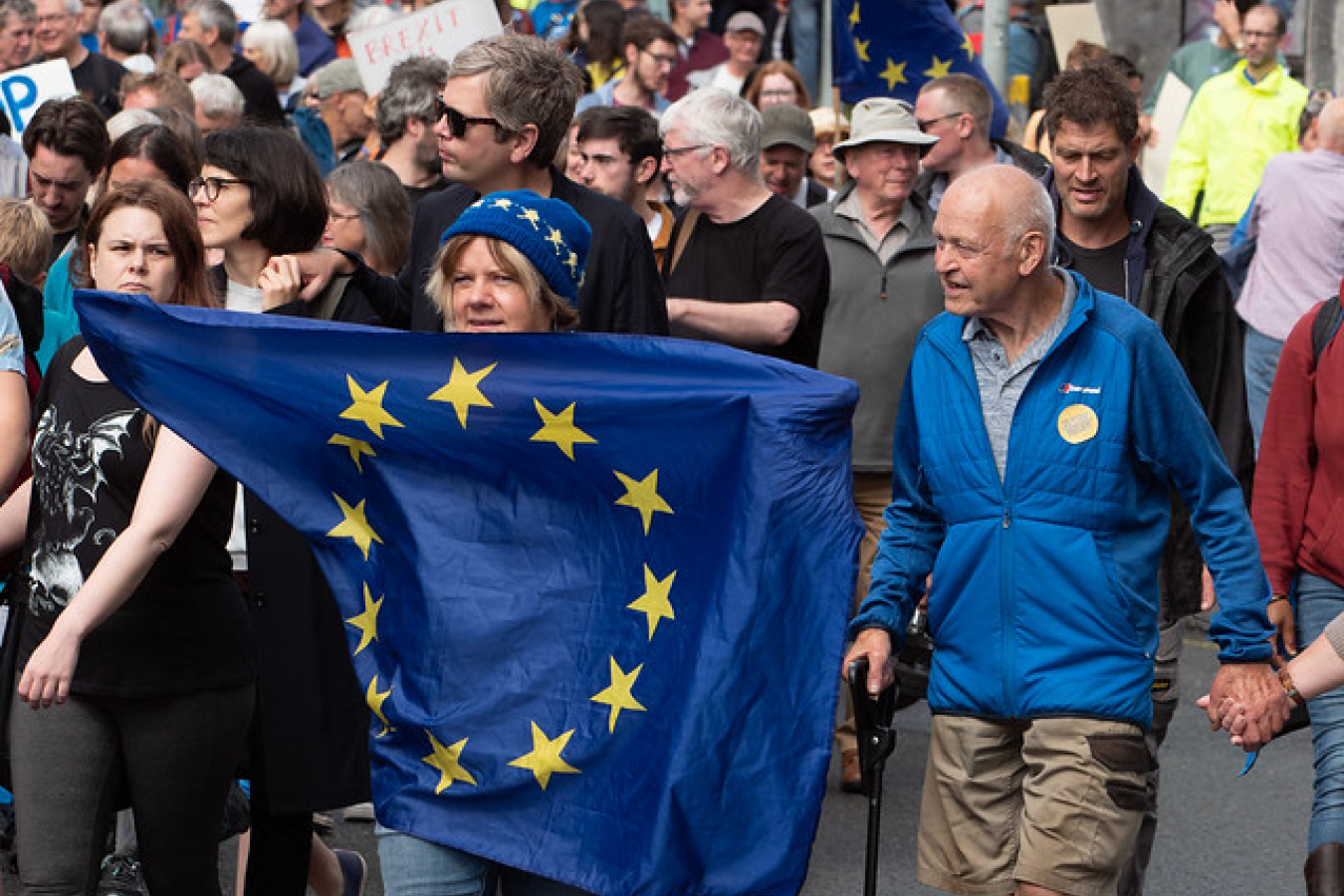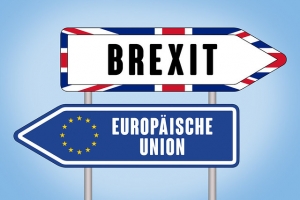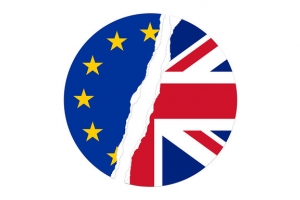Support migrant centric journalism today and donate

Sanwar Ali comment:
The changes to the Tier 2 Sponsor Licence and Tier 2 visa scheme should benefit many employers and UK visa migrants. The expensive and bureaucratic and unjust system will become a little bit easier.
It remains to be seen how much difference the changes will make to the other visa schemes. The other visa schemes mentioned below are so difficult to come under that it will take very significant reforms to make much difference. It is also doubtful if these and other changes will adequately deal with the situation after Brexit (if it ever happens). In fact, some of the changes make things more difficult instead of easier.
Several UK visa and immigration changes will be implemented in October 2019, the Home Office has announced. The most notable changes will occur across the Tier 2 (General) visa category, the UK startup and innovator visa schemes, the Tier 1 Exceptional Talent visa route and the EU Settlement Scheme.
The changes were originally announced on 9 September 2019, and they are expected to be rolled out on 1 October and 6 October, 2019. The most significant change is the expansion of the Tier 2 shortage occupation list (SOL), to which a number of new job roles will be added to tackle skills shortages in the UK.
Prior to his appointment as Chancellor of the Exchequer, former Home Secretary Sajid Javid had confirmed that all of the MAC’s recommendations for the SOL would be implemented. The expanded SOL should be taken into account when applying to employ migrant workers under the Tier 2 visa scheme on or after 6 October, 2019. Employers with a Tier 2 Sponsor Licence also need to have a Certificate of Sponsorship to employ Tier 2 visa migrant workers.
Main changes to UK visa and immigration rules
Tier 2 (General) visa category
The Tier 2 (General) visa category features several changes. The Tier 2 Sponsor Licence and Tier 2 visa enables UK companies to sponsor skilled, non-European Economic Area (EEA) nationals for job roles in Britain. The number of Tier 2 visas that can be issued to those migrants living outside the UK is limited to 20,700 annually, which are split into monthly allocations. Approximately 2,000 Tier 2 visas are made available per month. There is no limit on employing migrants on Tier 2 visas who can apply from within the UK.
Employers and visa applicants are advised of the following changes:
- The expansion of the Tier 2 visa shortage occupation list SOL to include architects, veterinarians and web designers, as recommended by the Migration Advisory Committee. The United Kingdom is covered by one list, while Scotland benefits from having additional occupations in a Scotland specific list.
- People coming to the UK to work in occupations added to the SOL will receive priority in obtaining a Tier 2 visa, ahead of job roles not on the list. The new look SOL will be implemented on 6 October, 2019.
- The removal of PhD level jobs from the annual Tier 2 (General) visa quota. PhD level occupations will no longer be subject to the requirement of a restricted certificate of sponsorship. This frees up places for other skilled roles that contribute to the UK economy in the monthly allocation process. This only affects job applicants who need to apply from overseas.
- Absence from the UK counted towards Indefinite Leave to Remain (ILR) applicants will no longer apply to Tier 2 PhD level migrants involved in overseas research projects directly linked to their employment. Dependent partners accompanying the main Tier 2 visa holder will also be exempt from this rule.
- Tier 2 migrants absent from work due to illness, statutory parental leave, assisting in a national or international humanitarian or environmental crisis or involved in strike action in a legal capacity, will not be penalised. This means Tier 2 migrants will not be refused ILR if an absence, like those mentioned above, results in their salary falling below the required threshold.
Tier 1 (Exceptional Talent) visa
The Tier 1 (Exceptional Talent) visa category is reserved for highly talented individuals in the areas of science, humanities, engineering, the arts, and digital technology who want to come to the UK without the need of sponsorship for specific occupations.
Applicants have to be endorsed by a Designated Competent Body. Tier 1 Exceptional Talent visa applicants seeking an endorsement from The Royal Society, The Royal Academy of Engineering, and The British Academy, are advised of the following changes coming into effect on 1 October, 2019:
- The list of peer-reviewed fellowships will be expanded to include fellowships granted by the National institute for Health Research.
- The expansion of the criteria to include applicants who have held a peer-reviewed fellowship in the year immediately before the application date.
- An expansion of the criteria to permit a greater number of eligible senior academic or research positions to qualify.
Applicants pursuing an endorsement from Tech Nation are advised of the following changes that will be implemented on 1 October, 2019:
- Three letters of support, instead of two under previous rules, will need to be provided by established businesses in the digital technology sector to allow more thorough consideration of an applicant’s skills and the value they would add to the sector.
- The addition of the phrase ‘product-led’ to the requirements will ensure that the Tier 1 Exceptional Talent visa is issued to migrants with a suitable skill set.
Startup and innovator visa
Introduced in March 2019, the startup and innovator visas were created for international entrepreneurs looking to establish a business in Britain, which is backed by an endorsing body. Recent quarterly figures released by the Home Office show that the innovator visa received just four applications.
Start-Up and Innovator visa applicants and endorsing bodies are advised of the forthcoming changes taking effect on 1 October, 2019:
- Clarification of the criteria that an organisation must fulfil to qualify as an endorsing body. An organisation must have the backing of a core department directed by a UK or delegated government minister, or a regionally delegated authority that is led directly by an elected mayor.
- On the grounds of criminality, or actions and behaviours considered not to be in the interests of the public good, requests to become an endorsing body can be denied.
- A conflict of interest or conflicts with the purpose of the categories or with the wider UK immigration policy are further circumstances under which a request to become an endorsing body can be rejected.
- An amendment to the Tier 4 (General) visa category, which will enable students applying for a startup visa, supported by an endorsing body, to engage in business activities while their application is under review.
- A startup visa application exemption is being added to the Tier 4 (General) visa category, removing the requirement for students on the doctorate extension scheme not to have previously established a UK company.
The EU Settlement Scheme
In order to remain in the UK after 2020, EEA and Swiss nationals, along with their family members, must apply to stay in the country under the EU Settlement Scheme (EUSS).
EEA and Swiss citizens currently living and working in the UK are advised of the following changes from 1 October, 2019:
- An amendment will allow close family members of UK citizens, who had previously been living with the UK national overseas while exercising their freedom of movement rights, to apply to remain in the UK under the EUSS until March 2022 (where that relationship existed on the day of leaving the UK) or until 31 December 2020 (where that relationship occurred after leaving the UK).
This amendment applies to both a deal and no-deal Brexit scenario.
- Non-EEA family members of EEA citizens who are awarded EUSS status will be allowed to apply, free of charge, for a EUSS travel permit in the event that their biometric card is lost or stolen overseas. This will enable them to travel to the UK in order to apply for a replacement biometric card.
- Persons who have their UK immigration status under EUSS revoked at the border by an immigration officer, based on no longer meeting the criteria to qualify for their status, will be granted the right to an administrative review. This will allow an individual to challenge a decision made on their application or in respect of any absence from the UK.
Post-study work visa and review of Australian immigration system
The statement of changes to UK immigration rules coincide with other recent developments, including the possible reinstatement of the two-year post study work visa in 2020, which was previously scrapped in 2012.
The Home Secretary has also commissioned the Migration Advisory Committee (MAC) – a so-called independent, non-departmental public body that advises the UK government on immigration matters – to carry out a review of the immigration system in Australia, and other countries, as part of plans for a post-Brexit immigration system.
Workpermit.com can help with Tier 2 Visa Sponsorship Licences and Tier 2 visas
If you need help with a Tier 2 Sponsorship Licence or would like help with complying with your Tier 2 Sponsorship Licence obligations workpermit.com can help. Call 0344 991 9222 for further details.
Workpermit.com has been in the visa business for more than 30 years, helping thousands of people to study, work, invest and live in the UK. We represent clients under Section 84 of the 1999 Immigration Act, and we can advise and assist with your UK visa application.





















